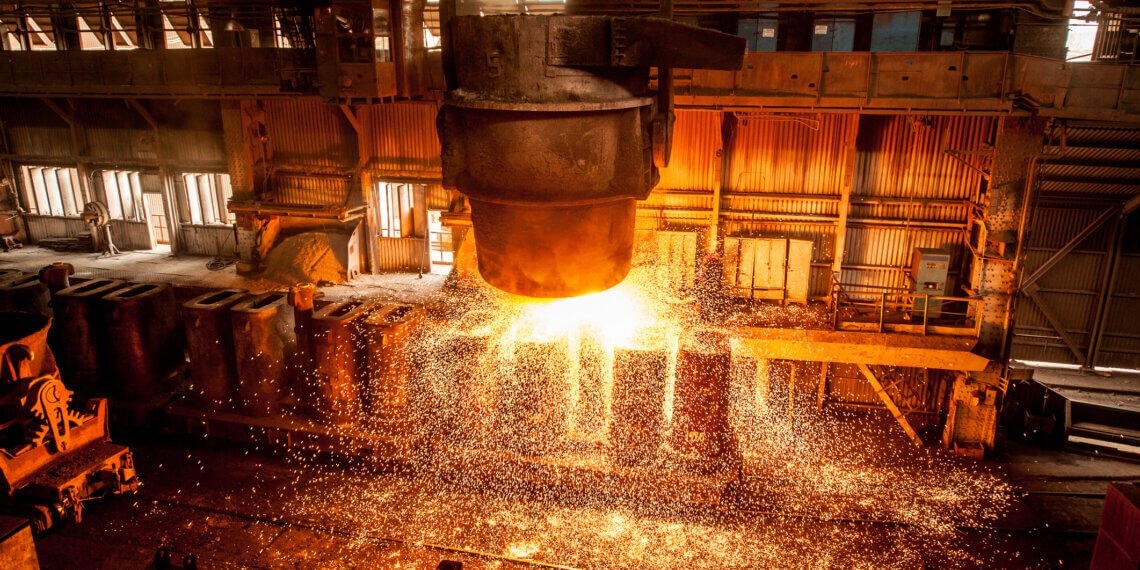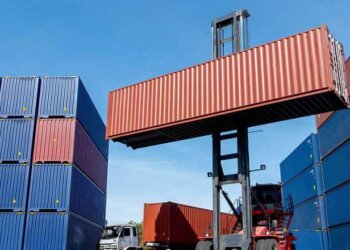The decision made by President Donald Trump to increase steel and aluminum import tariffs to 50% will create new price effects that will be visible in grocery stores.
The economic effects of rising material costs became a concern because the policy change could lead to higher prices for cars and appliances as well as food and consumer goods. Usha Haley from Wichita State University predicted that grocery price increases would result from the policy while also warning that the measure would harm relationships with allies without creating sustainable benefits for American manufacturing.
The president supported this measure because he believed it would strengthen the U.S. steel industry further. The president’s return to the White House brought a wave of new tariffs that he introduced and revoked rapidly which created confusion for businesses and their customers.
U.S. manufacturers and retailers currently operate under substantial uncertainty regarding supply chain stability and material expenses. The constant changes in trade policies have made it harder for businesses to manage their inventory effectively.
The tariff increase demonstrates how Trump’s trade policies now extend their reach to impact ordinary Americans. According to Haley steel and aluminum components appear in all types of products including packaging materials and shelving units and canned soup containers.










